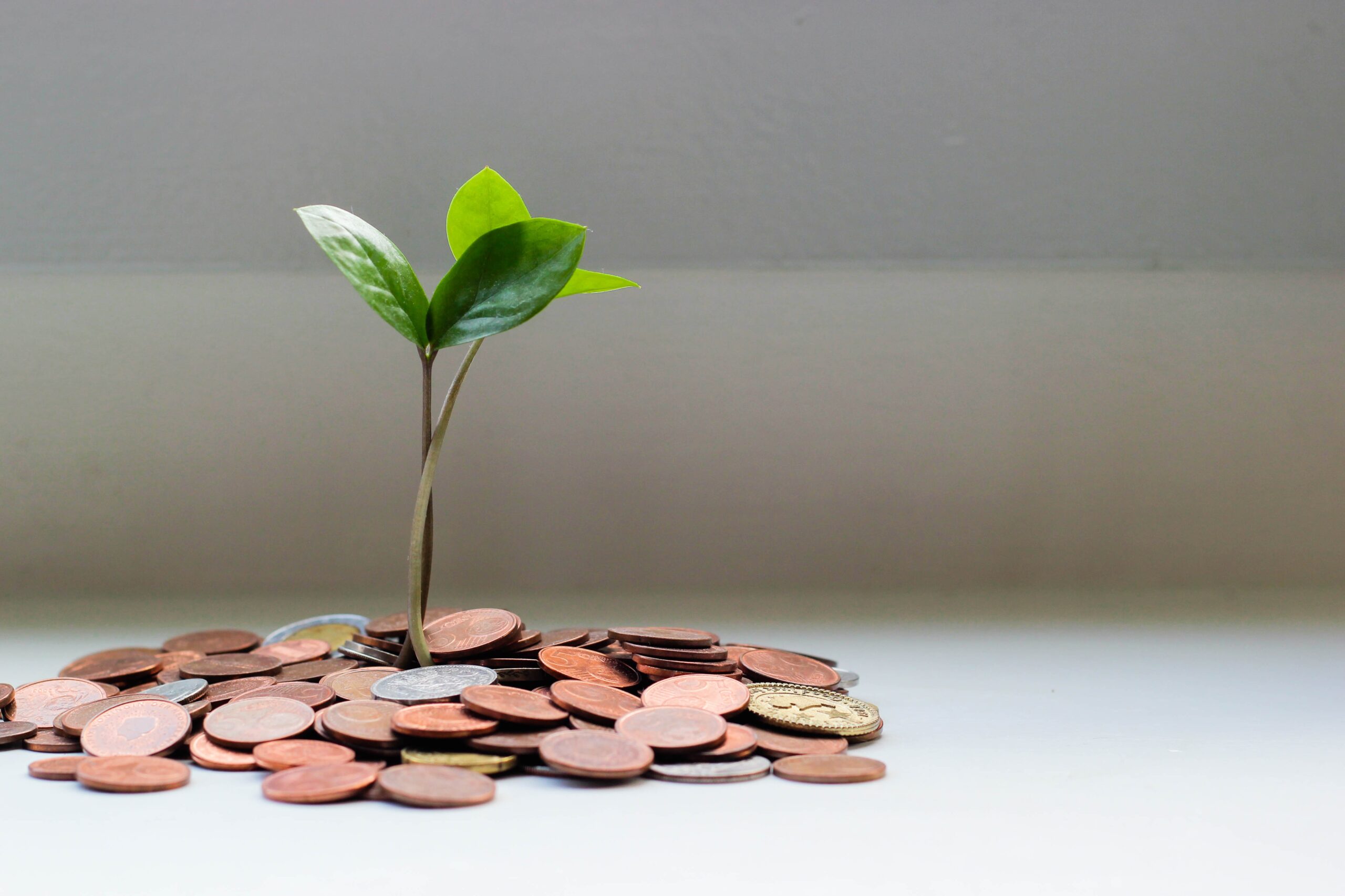
As the world’s richest person, Musk is a natural target for critique. Recently, he has faced enormous criticism for business decisions… how to understand this unique species?
In every area of human endeavor there are people who make a living doing things, and there are people who make a living criticizing what others do. Movie critics, literary critics, music critics, architectural critics, foreign policy critics, and business critics.
Hogan Founder Robert Hogan, PhD, and Chief Science Officer Ryne Sherman, PhD, and VP of Market Innovation Allison Howell explain that Musk is indisputably the first camp, but as the world’s richest person, he is a natural target for critique. In recent weeks, Musk has faced enormous criticism for business decisions; however, nothing in his biography suggests Musk is narcissistic, malevolent, or experiencing psychosis.
Who Is Elon Musk?
Musk was born 28 June 1971 in Pretoria, South Africa. His father, Errol, was a wealthy engineer, entrepreneur, investor, and property developer, and half owner of an emerald mine in Zambia. His mother was Canadian, which allowed him to immigrate to Canada in 1989, and then move to the US in 1991 where he attended the University of Pennsylvania, earning degrees in Physics and Economics.
In 1994, Musk moved to Palo Alto to attend graduate school at Stanford University, but quickly decided to join the “internet boom.” With his rich and talented brother, and a loan from his father, he founded Zip2, a kind of travel search engine (for which Musk did the coding) and later sold to Compaq for $307 million in cash. He then founded X.com, an online financial services business, merged with Confinity, an online bank that owned PayPal, and then became CEO. Musk fought with Peter Thiel over search engines, was ousted by the board, but made $175.8 million when Theil sold PayPal to eBay in 2002.
In 2002, Musk founded SpaceX, a commercial spacecraft business. After a rocky start, a $1.6 billion contract with NASA launched it properly. In 2015 SpaceX started Starlink, a chain of satellites intended to bring internet services to remote locations, and which has been a major resource for the Ukrainian military in their war with Russia.
In 2004, Musk invested $6.5 million in Tesla, an electric car startup, and then became CEO and product architect in 2008. This move met criticism from those who argued the electric vehicle market had no future and that the larger automotive market was already heavily saturated. At the time of this writing, Tesla is the 6th most valuable company in the world, just behind Amazon (5th) and ahead of Berkshire Hathaway (7th). In 2016, Musk founded Neuralink, a company intended to explore connections between computer driven artificial intelligence and neuroscience. In 2017, Musk founded the Boring Company, a high-tech tunnel boring business. In 2017, Musk expressed interest in buying Twitter, his favorite on-line messaging platform, widely regarded as a valuable but poorly managed business. In 2022, Musk completed the purchase of Twitter amidst huge fanfare and business news chatter.
Although it is too early to tell how Twitter will perform under Musk’s leadership, we see here an astonishing series of large-scale business development successes. This raises the obvious question: what sort of person is Elon Musk, the world’s richest person? More specifically, what are the psychological keys to his success?
What Sort of Person Is Elon Musk?
We think there are three keys, and they fall under the headings of power, structure, and style. Power has to do with cognitive capability; structure has to do with cognitive orientation, and style has to do with interpersonal impact. Concerning power, Musk is very smart and, with a background in physics and economics, he knows more about numbers, technology, and finance than most people. In addition, his business associates say he is remarkably perceptive about forecasting business trends and detecting flaws and biases in other peoples’ reasoning. So, he is very smart and has the capacity to make good decisions—not all otherwise intelligent people do. He is not big on planning; he takes action and evaluates his decisions. Or as he Tweeted on November 9th:
As for structure, Musk has the same orientation as most entrepreneurs—for whom Hogan has a lot of data. Entrepreneurs, relative to the average person, are analytical, data-based problem solvers, energetic and hardworking (100-hour work weeks are normal), fearless about risk, competitive, and focused on making an impact and a difference. Hard working, fearless, competitive, and achievement oriented—key ingredients for success regardless of cognitive ability.
Musk describes himself as having Asperger’s syndrome, which has been consolidated under autism spectrum disorder (ASD), and this neurodivergence may affect his interpersonal style. In our experience, ASD is common among engineers, mathematicians, chess players, and entrepreneurs.
People who know Musk describe him as “the life of the party,” and as further testimonial of his vivacity, he hosted the sketch comedy show Saturday Night Live. Outside of work, he often seems witty, irreverent, and mischievous.
As for Musk’s leadership style and effectiveness, this raises a very interesting question. Leadership is about building high performing teams, and good leaders are people whom others want to follow. Entrepreneurs as a group are bad leaders—like most managers in finance and engineering, they are interested in results and not peoples’ feelings. Musk describes himself as a demanding “nano-manager,” impatient and quick to find fault. He is action-oriented and doesn’t worry much about staff sensitivities.
Musk isn’t the first leader in the public eye to have a reputation of being difficult. Elsewhere we have talked about “the Apple Paradox”: how can someone as duplicitous and unpleasant as Steve Jobs build a business as successful as Apple? Our answer is twofold. On the one hand, the most critical capacity for CEOs is to make good decisions about products and markets, not worry about peoples’ feelings. On the other hand, good managers below the level of the CEO often protect the staff from the bad behavior of abusive CEOs. We know that Musk is an immensely successful entrepreneur and a mediocre leader—but a mediocre leader compared to whom? Zuckerberg? Bezos? Gates? Welch? Rockefeller?
Finally, then, there is Twitter and how Musk’s recent actions to restructure an underperforming and badly managed company have affected it. Although the previous CEO admitted that Twitter was overstaffed, it seems clear that it was a mistake to fire half the workforce without first evaluating their function and performance. This kind of hasty downsizing creates unnecessary worry and confusion among employees, which is unlikely to contribute to high performance. On the other hand, Musk and his engineers have begun a detailed and granular review of every aspect of the Twitter business and that effort is the essential first step in improving processes and products. Musk himself told his new staff “Revolutions are not done with caution. So we want to try things, ideally things that don’t break the system, but . . . as long as we’re agile, and we react quickly to improve things and correct mistakes, I think it’ll be fine.”
In response to Musk’s takeover and layoffs, many individuals impersonating Musk on Twitter engaged in mocking the new owner. It is worth pointing out that, if the target weren’t the Twitter CEO and richest person in the world, some of this mocking would be declared cyberbullying. Regardless, much of the criticism seems to be inspired by critics of Musk’s political views. But like most entrepreneurs, especially very successful ones, Musk is not backing down. Instead, he’s firing back with his own sarcastic Tweets and changing the rules regarding impersonation accounts. It is difficult to say how the Twitter acquisition will work out for Musk, but if his past business ventures are any indication, it would be hard to bet against him.
Read more:
Understanding Elon




